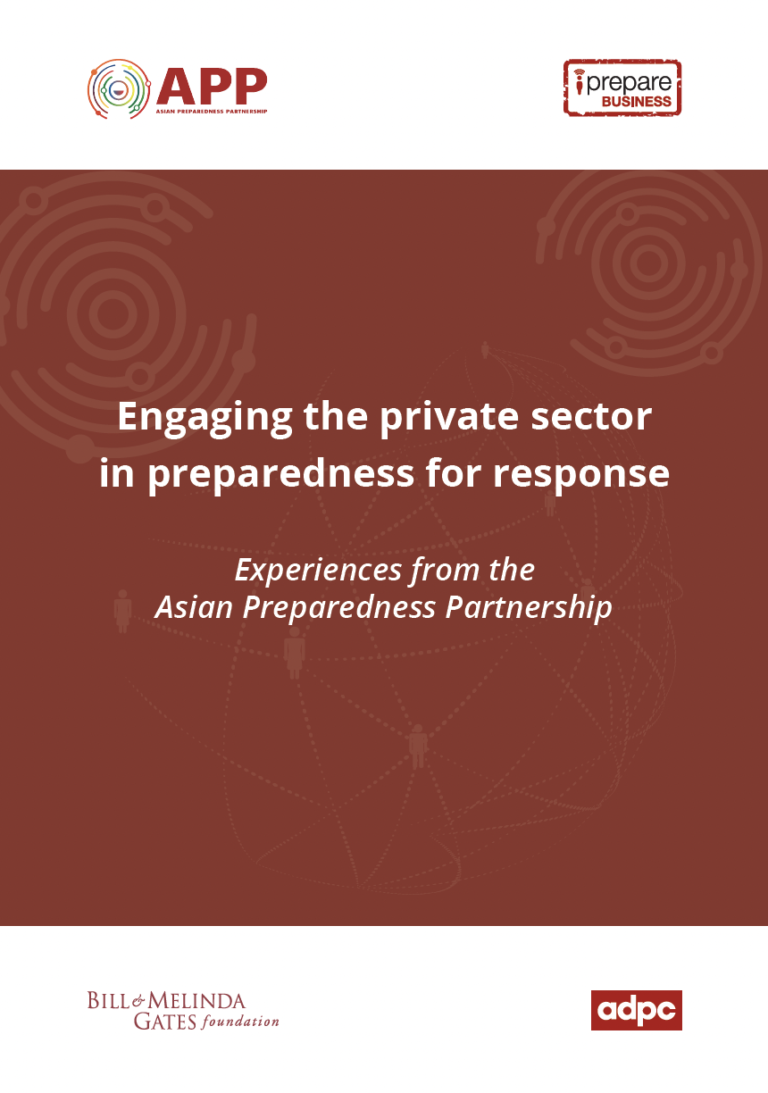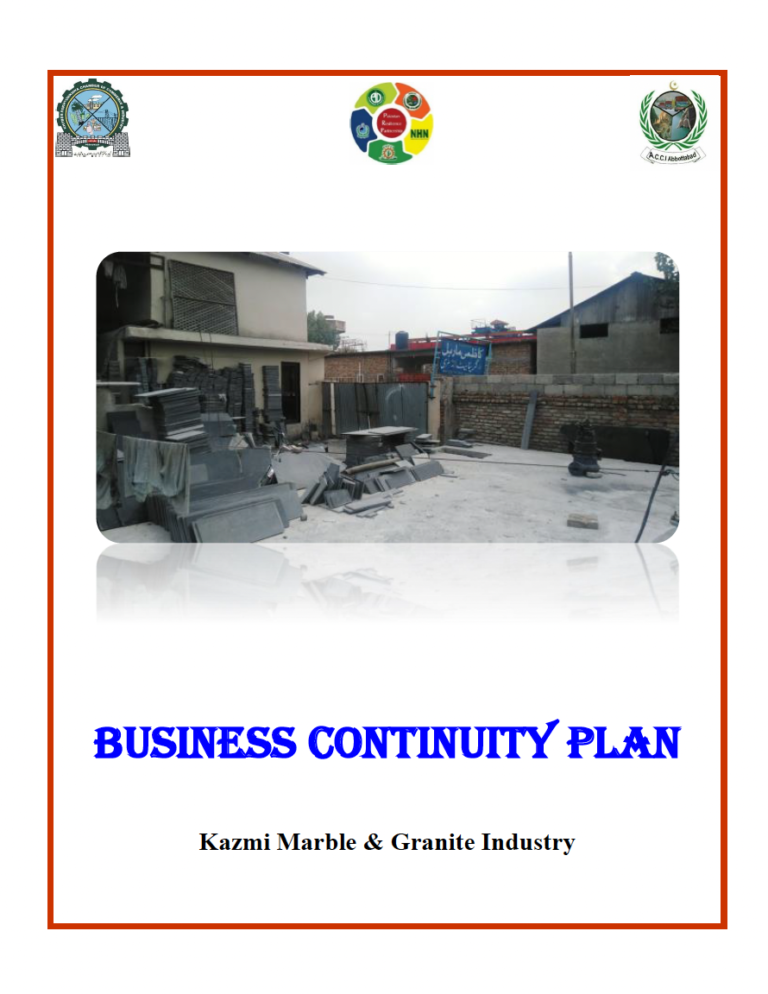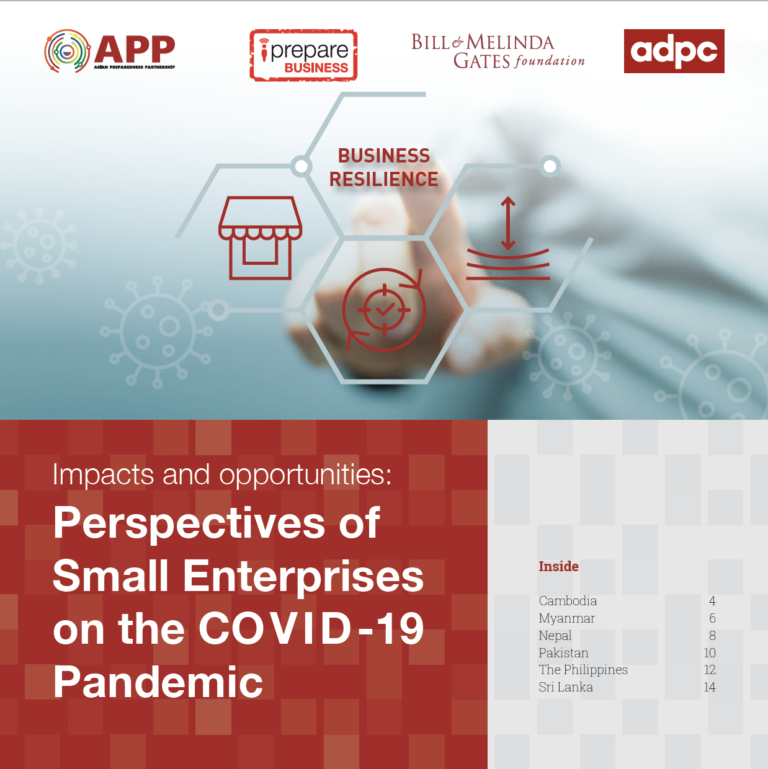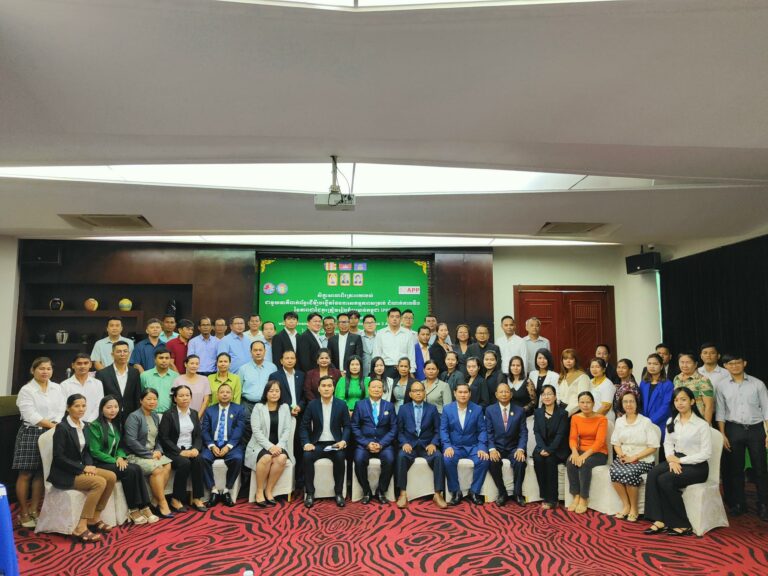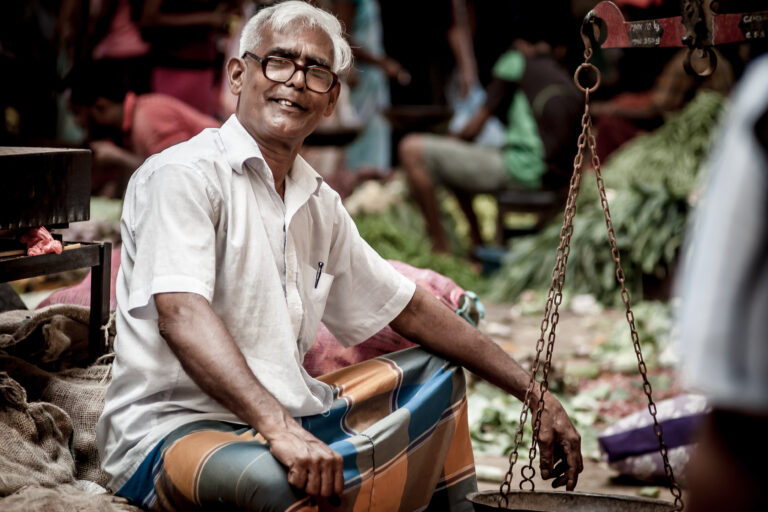Private Sector Engagement
The private sector is a primary source of employment, a purveyor of products and services, and constitutes the largest investor in society. However, it increasingly bears the brunt of disaster impacts in terms of damage and losses as evidenced in recent major disasters in the Asia Pacific region. Micro, small and medium-sized enterprises (MSMEs) are embedded into the community’s blueprint, making up 97 % of enterprises in the region. Historically, these businesses have lacked access to response and recovery support from the government and humanitarian actors. Additionally, their needs before, during, and after disasters have not always been well understood. The Asian Preparedness Partnership (APP) aims to strengthen private sector resilience by institutionalizing the participation of business enterprises in disaster risk reduction (DRR) and response programming.
Private and public sectors mutually benefit from the smooth operation of the other. Business operations are dependent on public projects and services, and governments function efficiently through stable economies. The Sendai Framework for Disaster Risk Reduction (SFDRR) 2015-2030 recognizes business continuity as crucial to building overall resilient communities. It promotes partnerships that integrate private sector actors for more inclusive and comprehensive development actions. There are massive implications for affected communities when disasters disrupt the operations of business enterprises.
The Asian Disaster Preparedness Center’s (ADPC) iPrepare Business facility has served the business community across Asia. It provides technical support and guidance to the country partnerships to include private sector stakeholders in the program activities. The APP national partnerships include key private sector partners to ensure that the business community is collaboratively engaged in disaster preparedness.
Online Learning Course
Scenario-Based Business Continuity Planning
The course is designed to promote awareness and knowledge of business continuity as part of the overall efforts to build business resilience. The course consists of four modules that focus on:
- Business Continuity Plan Framework
- Business Analysis
- Business Continuity Strategies
- Exercise, Testing, and Review of BCP
Publications
News
Our Stories
Videos
Resilience in the Private Sector
The second webinar of the Leadership Lens series focused on strengthening the private sector. It detailed how resilience must be an inherent aspect to address the impacts of the COVID-19 pandemic and other disasters that disrupt business operations. The webinar was moderated by Pilar Pacheco (Senior Program Officer, Emergency Response, Bill & Melinda Gates Foundation). The panelists included:
- Ruth Castelo (Undersecretary for Consumer Protection, Department of Trade and Industry, Philippines)
- Kyaw Dewa (Joint Secretary General, Union of Myanmar Federation of Chamber of Commerce and Industry; APP Regional Technical Working Group Member, Myanmar)
- Gayani de Alwis (Global Chairperson, Women in Logistics and Transport; Immediate Past Chairperson, Chartered Institute of Logistics and Transport Sri Lanka; Founding Chairperson & Advisor WiLAT Sri Lanka; Board Member of Women’s Chamber of Industry and Commerce, Sri Lanka)
Professor Kenji Watanabe (Principal Investigator, SATREPS (Area-BCM) Project in Thailand; Professor, Graduate School of Social Engineering, Nagoya Institute of Technology, Japan)

